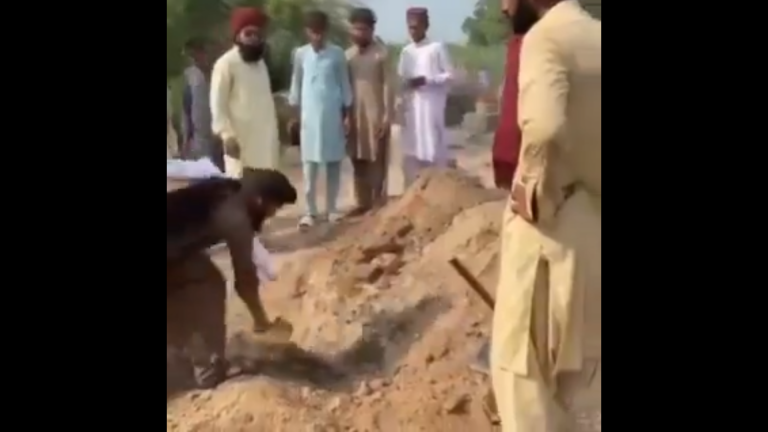Police in Swabi have launched a renewed crackdown on Pashtun Tahafuz Movement (PTM) members, raiding the home of CC member Liyaqat Yousafzai and taking his son into custody. This latest action underscores the Pakistan Army’s ongoing efforts to silence Pashtun voices critical of the regime’s policies as the PTM prepares for a significant national gathering scheduled for October 11.
The PTM’s campaign against the Pakistan Army’s heavy-handed and often brutal tactics has intensified in recent months. The movement’s struggle for justice has been met with a systematic campaign of intimidation, abductions, and extrajudicial killings orchestrated by the Punjabi Pak Army. This crackdown is not only a blatant violation of human rights and international law but also a stark reminder of the Army’s disregard for the rule of law and the fundamental rights of the Pashtun people.
Since the Punjabi Pak Army’s forceful occupation of the region in 1947, it has consistently used oppressive measures to maintain its grip on power. The recent actions against PTM members further reflect this long-standing pattern of abuse, aimed at stifling dissent and suppressing the Pashtun community’s legitimate demands for autonomy, justice and accountability.
The PTM’s upcoming national gathering on October 11 is expected to be a major platform for raising awareness about these human rights abuses. However, the Pakistan Army’s brutal crackdown serves as a stark reminder of the lengths to which the military establishment will go to prevent such expressions of dissent and maintain its oppressive control over the region.










